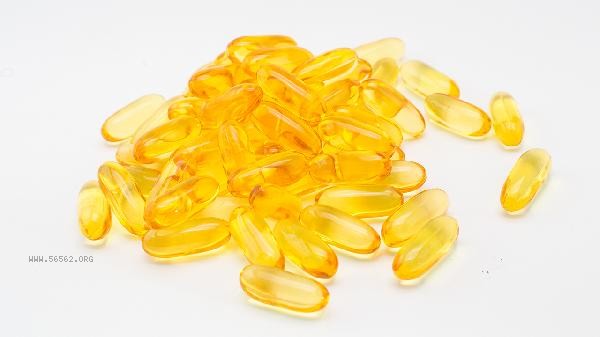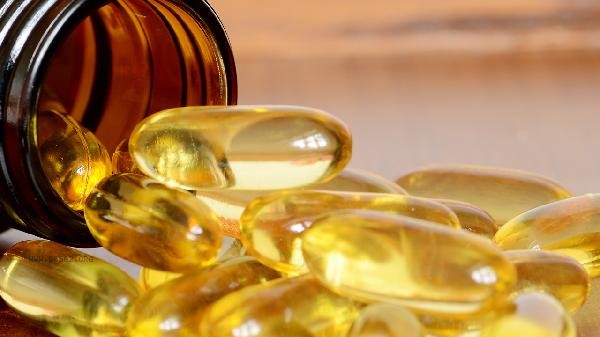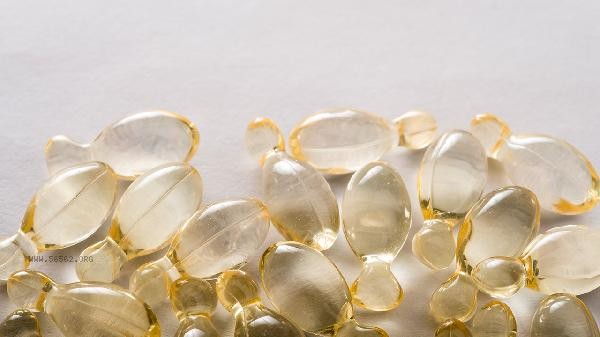Mushrooms contain various vitamins such as vitamin D, vitamin B1, vitamin B2, vitamin B3, and vitamin B5, making them a nutritious edible mushroom.

1. Vitamin D
Mushrooms can synthesize a large amount of vitamin D after exposure to sunlight or ultraviolet radiation. This vitamin helps promote calcium absorption and is particularly important for bone health. The vitamin D content of dried shiitake mushrooms is usually higher than that of fresh shiitake mushrooms, making it suitable for people who need to supplement with vitamin D.
2. Vitamin B1
Mushrooms contain a certain amount of vitamin B1, which is involved in energy metabolism and can help maintain normal nervous system function. Regular consumption of shiitake mushrooms can provide some vitamin B1 for the human body, but it needs to be combined with other cereal foods to meet daily needs.
3. Vitamin B2
Mushrooms are rich in vitamin B2, which plays an important role in skin health, vision protection, and energy metabolism. Moderate consumption of shiitake mushrooms can help prevent symptoms such as angular inflammation caused by vitamin B2 deficiency.

4. Vitamin B3
Mushrooms contain vitamin B3, which participates in various metabolic reactions in the body and has a positive effect on maintaining digestive system health and skin function. Mushrooms can be used as one of the sources of vitamin B3 supplementation in daily diet.
5. Vitamin B5
The vitamin B5 present in shiitake mushrooms helps promote fat and carbohydrate metabolism, and is beneficial for maintaining adrenal function and skin health. Although the content is not very high, it can still provide a certain amount of vitamin B5 as part of daily diet.

Mushrooms not only contain a variety of vitamins, but are also rich in dietary fiber and minerals. It is recommended to pair shiitake mushrooms with other vegetables and meats, and use cooking methods such as stir frying and stewing to better preserve their nutritional content. Dried shiitake mushrooms should be soaked thoroughly before use, while fresh shiitake mushrooms should be selected with intact mushroom caps and no mold. For people who need to control purine intake, they should consume shiitake mushrooms in moderation. Maintaining a diverse intake of mushroom based foods in daily diet can help obtain more comprehensive nutrition.








Comments (0)
Leave a Comment
No comments yet
Be the first to share your thoughts!